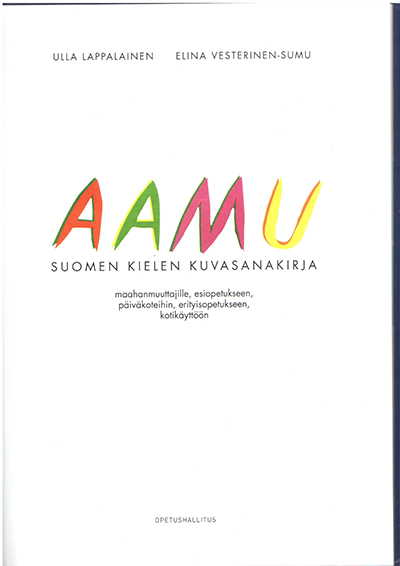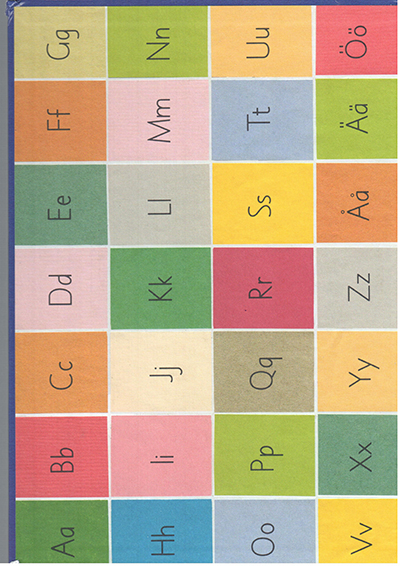| Sorted by date | |||
page134from Building Ideas
Words like the French ‘whip’ or glas knell’
may strike certain ears with suggestive sonority, but to see that they have not
always had this property we need only examine their Latin forms (fouet is
derived from fagus, ‘beech tree’; glas from classicum, ‘sound of a trumptet’). The
quality of their present sounds, or rather the quality that is attributed to
them is a fortuitous result of phonetic evolution.4
This
lead Saussure to the observation that language operated as a “system of
difference”, where the... more ...
|
|||
|
|||
|
|
|||
page133from Building Ideas
The reason for this turn towards language
again – although in a way quite distinct from the turn in phenomenology – is
the attempt to understand our relationship to the world in terms of the
metaphors that we use to describe it. To get beyond the abstractions of
science, as Gaston Bachelard tried to do, structuralism focused instead on the
cognitive value of narratives, as a way of dealing with the fact that in
everyday human terms, the universe is not made of atoms, it is “made of stories”.3
The “Deep Structures” of Language –
Ferdinand De Saussure... more ...
|
|||
|
|||
|
|
|||
page132from Building Ideas
dominant theme of this and subsequent
chapters. Where Chapter 3 looked at the issue of what buildings mean, in terms
of the existential predicament of humanity and the search for a sense of
belonging, this chapter considers the question of how buildings mean, using the
philosophy of language that has become known as structuralism.
Our
discussion of language so far in this book has centred on the issue of free
will and determinism – the question of whether, as Heidegger suggested, it is
man or language that speaks. Is man in fact the master of language or is
language the master of man?1 The idea that we are someh... more ...
|
|||
|
|||
|
|
|||
page131from Building Ideas
4
Systems of Communication
Structuralism and Semiotics
Phenomenology was introduced in Chapter 3
as emerging from Edmund Husserl’s dream of philosophy as a legitimate and “rigorous”
science. In order to place philosophy on a firm foundation of scientific
certainty, he had attempted a return to the study of “things in themselves”. This
had led some philosophers to... more ...
|
|||
|
|||
|
|
|||
page128from Building Ideas
them in terms of the wider issues, such as
cultural contexts and historical traditions.
Suggestions for further reading
Background
... more ...
|
|||
|
|||
|
|
 ... ...
... ... ... ...
... ... ... ...
... ... ... ...
... ... ... ...
... ... ... ...
... ... ... ...
... ... ... ...
... ... ... ...
... ... ... ...
... ... ... ...
... ... ... ...
... ... ... ...
... ... ... ...
... ... ... ...
... ...